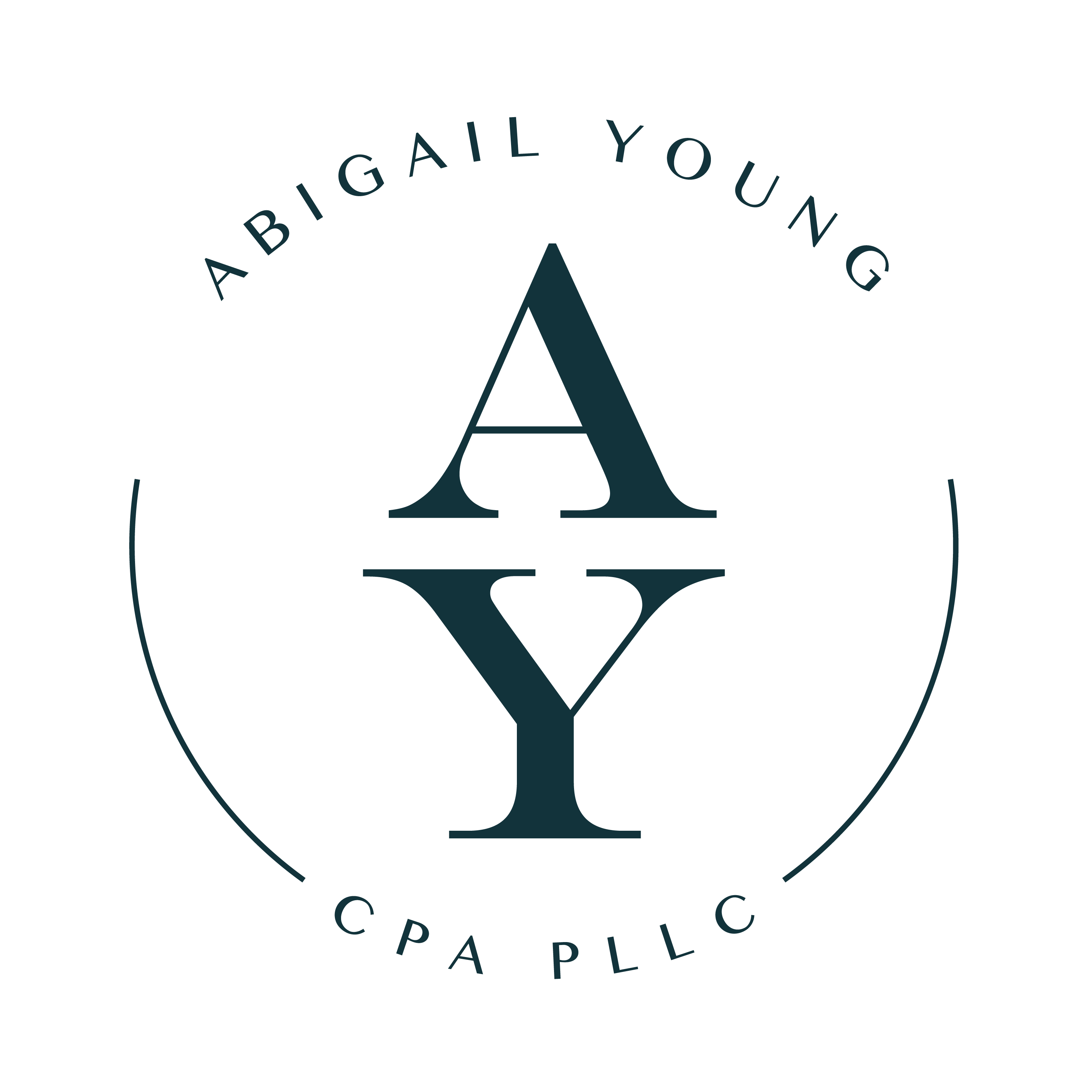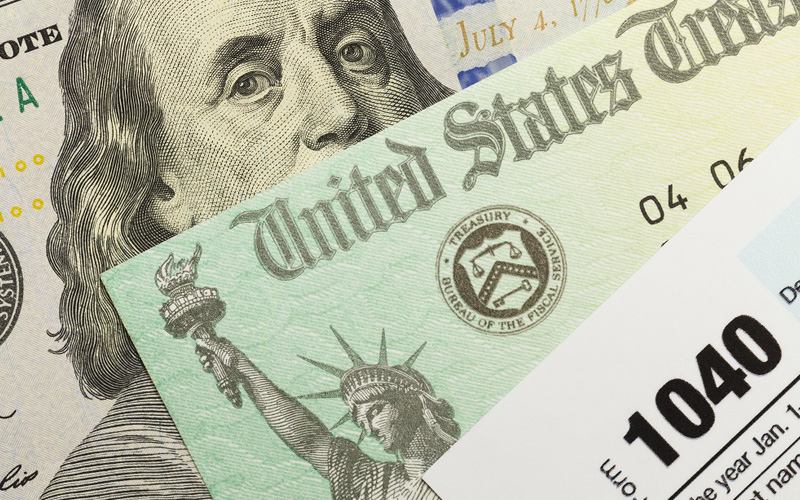What You Need to Know About the Upcoming IRS Program
Over $400 billion is owed in back taxes to the U.S. Treasury and the Internal Revenue Service (IRS) is after more than 7 million taxpayers, and now they have enlisted the help of private debt collectors.
Back in late 2015, the Fixing America’s Surface Transportation (FAST) Act, was authorized to fund federal surface transportation spending. This is where the IRS came into play.
They are now required to obtain the assistance of private debt collectors for delinquent tax debts. Which means that if you’ve been avoiding IRS notices and letters, you may just start receiving a whole new slew of calls.
But don’t worry, Abigail Y. Murray CPA, PLLC is here to save you. We can help you with deal with the stress of IRS audits and issues. Our services are effective, economical, and we’re not afraid to play ball.
However, in order for us to help you reach your financial destination, you have to know what to expect from the road ahead. So here are 7 facts you need to know about the upcoming IRS program.
- It’s coming very soon. The use of private debt collections is set to start in 2017. The selection of these private debt collection agencies is currently happening and their names will soon be published online on the IRS website.
- Taxpayers will be notified by the IRS if a private debt collector is to assigned to them. Before the collection process begins, those who owe back taxes will receive two notifications. The first letter will consist of the IRS notifying the taxpayer about the private debt collector. The second letter will be sent by the debt collectors themselves after assignment.
- Private debt collectors will not be able to enforce fines. As a bit of a relief, collectors will not be able to file liens or issues levies on your account. (This does not mean that the IRS won’t already have a tax lien on you before the private collectors contact you).
- The goal of private debt collectors is to find “missing” taxpayers. When a taxpayer cannot be located, the IRS removes them from their “active collection” database. The job of these private debt collectors will be to locate these individuals. This has raised some concerns about the methods collectors will utilize to find and collect owed monies.
- Taxpayers experiencing economic hardship will not be included. While the exact specifications have not been finalized, taxpayers who are currently going through economic hardship and have an outstanding debt can negotiate a suspension of their obligation to pay. If you have already established a deal with the IRS under this agreement, you’ll likely be excluded from this new IRS debt collection program.
- Collection alternatives are still available through the IRS. For taxpayers whose situation requires alternative payment solutions, such as an Offer in Compromise, the IRS is still available to assist you.
- Private debt collectors are going after cases that include:
- More than one-third of the 10-year collection statute has expired
- No IRS employee is assigned to the debt
- There has been no contact with the IRS in a year and the taxpayer has not sought remediation
- Collectors will not pursue victims of tax identity theft, taxpayers in federally declared disaster areas, or combat zones
These notices should also go to a taxpayer’s representative on file. The intent in this step is to notify taxpayers about their situation and also help to relieve fears about collection imposter schemes.
Also, just as they will not be able put a lien on taxpayers, it’s important to realize that collectors won’t be able to get liens removed either. Only the IRS can address enforcement actions.
With this new wave of private debt collectors set to begin their work in the next few months, taxpayers are increasingly nervous (and aware) about possible IRS scams. That’s why you’ll need the support, dedication, and knowledge of a CPA who can get you through the process of dealing with the IRS and debt collectors, while ensuring your financial safety.
Let Murray CPA be the guiding hand that helps you through the rough patches.
At Abigail Y. Murray, CPA, LLC, you’re not just another customer, that’s why we strive to offer the best accounting service in the Upper Rio Grande Valley and surrounding areas. So when you need help with your personal or business taxes, Murray CPA will make sure to focus on every detail to help you meet your goals.


